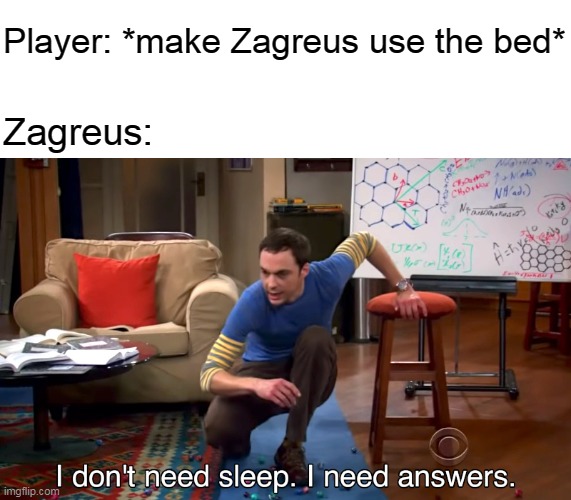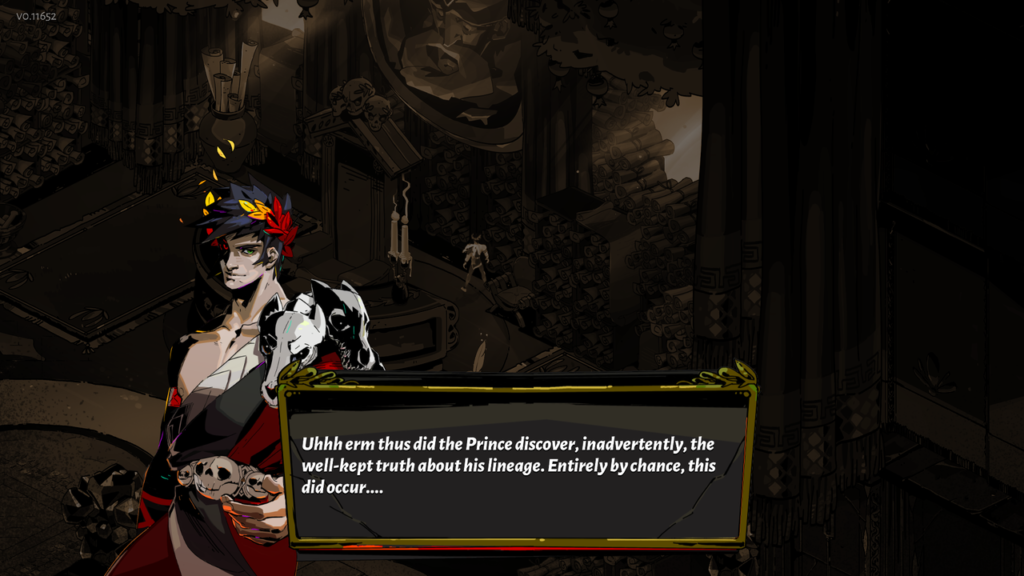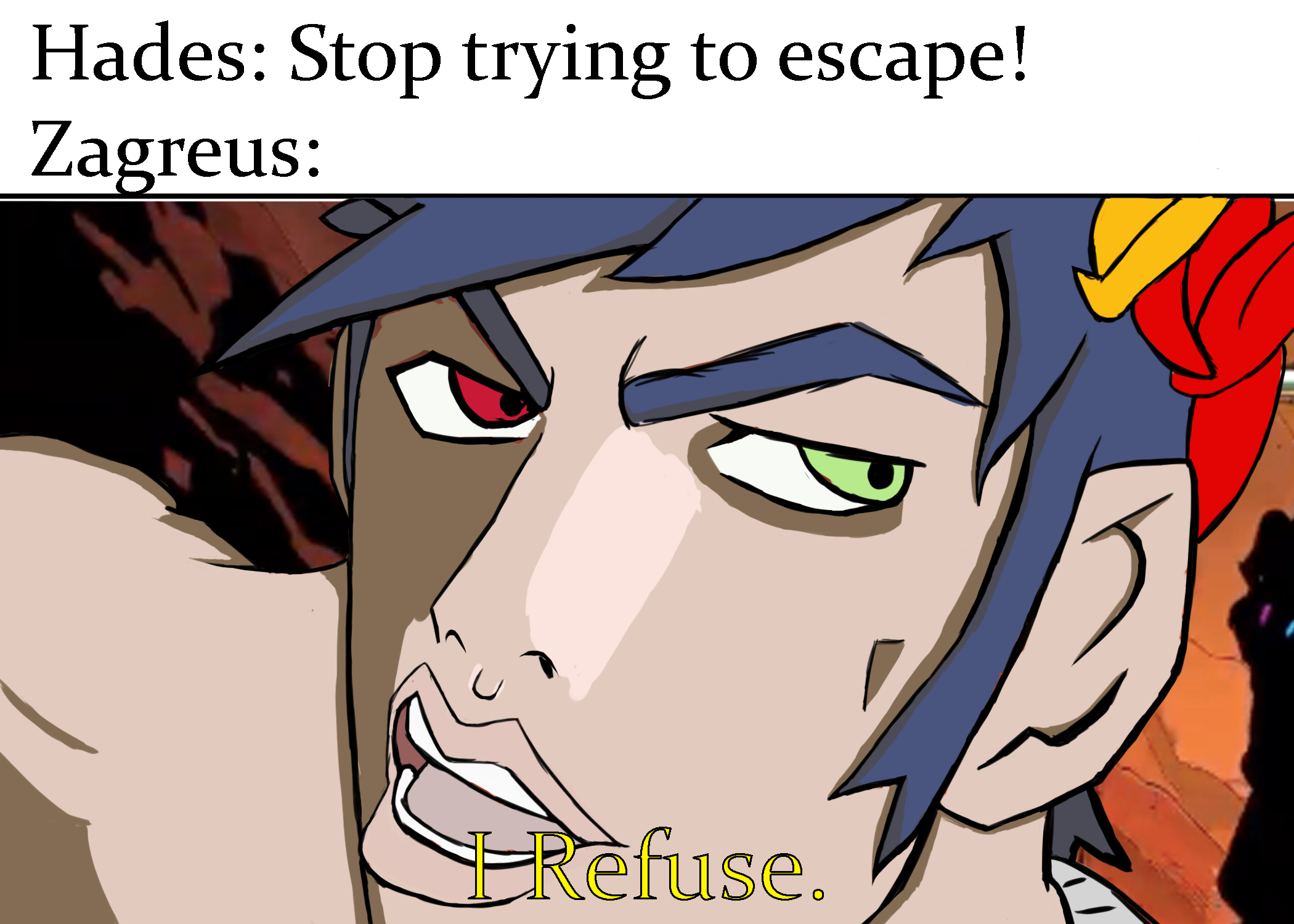In most Rogue-like or RPG games, the gamer has almost full control of the character they are role-playing. In Hades, players control the main character Zagreus to escape the Hell managed by his father, Hades. The uniqueness of Hades compared to other rogue-like games is that Hades tempers its roguelike elements with the main features of RPG games: an engaging and evolving main narrative with equally interesting character subplots, as well as the progressible relationship with characters that might lead to potential rewards or tasks. However, given that Hades could also fit into the genre of RPG games, what actual or abstract figures do players identify themselves as?
The first and most obvious answer would be Zagreus, the character whom the players have control over. The character follows the arrow keys and talks to whoever players want him to talk with. The player becomes Zagreus by clicking all over the screen to attack enemies as well as dashing naughtily to dodge attacks. Yet does the player really “become” Zagreus?
I noticed an interesting point in the game where the main character Zagreus tends to reject the command given by the player. When Zagreus enters his bedroom and the player wants him to rest on his bed, a message would pop out from Zagreus saying that “It’s not the time for rest.” or “I am not tired at all.”

Under such circumstances, the players are not able to continue identifying themselves as the character Zagreus, but the actual players in the reality. The synchronization between the two is split due to the rejection of the command from the player. Then is it possible that the character Zagreus has certain agency of themselves in this game? The question gets further complicated when Zagreus breaks the fourth wall (actually recognizing the existence of the narrator and interacting with it).

It is clear that Zagreus somehow shows a sign of “self-consciousness” independent of the player (of course it is all pre-programmed by the smart game designers). That means the players could no longer easily identify themselves as the character but return to the position of an observer, a third-person outside the narrative. Yet that does not keep the player from actually enjoying the game. A good RPG game places the player at the position of the character not only through physical controls (mouse-clicking to attack, aswd to walk) but through shared emotions. Every time Zagreus starts his loop again he shouts “AGAIN!” which is really something a player could relate to. The frustration of failing a loop is also resonated between the character and the player, with Zagreus coming out of the respawn fountain and exclaiming “that stupid Hydra.”
Thus we could assume that the player plays multiple roles or identify themselves differently as the game proceeds, sometimes as the main character, sometimes as a pure observer. Though the players might not identify themselves as Zagreus completely throughout the whole game, they remain “connected” to the main character, with Zagreus becoming a physical body extension of the players as well as sharing the same emotion (determined when starting a new loop and frustrated when being defeated by some stupid enemies).


The way the storytelling grounds the human player of Hades in identifying with its protagonist makes me think of the idea that in some meaningful way, both the player and the player-character are the character that learns and develops in a roguelite. Sure, in games like Mario or insert-your-favorite-example-here, the player (that is, the human controlling the video game) undergoes a learning curve, but the structure of a roguelite allows for the player-character to develop along the same learning curve as the player. Maybe this has something to do with where the identification lies?